

The ownership tussle over Kenyatta University Teaching, Research and Referral Hospital (KUTRRH) intensified after revelations that university staff and students have been denied access to do...


In what could perhaps be the clearest indicator of a bruising battle and grand campaigns, reports indicate that the Orange Democratic Movement (ODM) leader has procured...


WASHINGTON (AP) — By the thousands, U.S. service members are refusing or putting off the COVID-19 vaccine as frustrated commanders scramble to knock down internet rumors...


A Sh1.196 billion payout by Kakuzi PLC’s parent firm is yet to warm the hearts of three UK-based supermarket chains, which last year suspended the purchase...


The collapse of the Ahero-Katito bridge on March 30, 2020 set in motion a chain of events that have now revealed that the Chinese contractor putting...
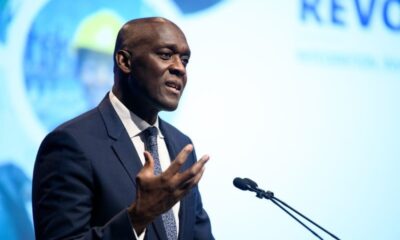

WASHINGTON, February 18, 2021—World Bank Group President David Malpass today announced the appointment of Makhtar Diop as Managing Director and Executive Vice President to head the International...
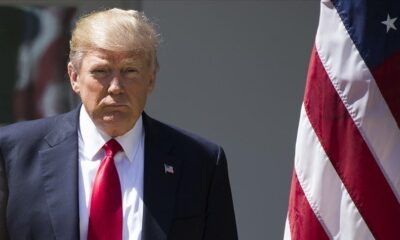

Former US President Donald Trump has indicated he will continue to be in American political life, according to three different interviews he gave on Wednesday. Trump...


Internet famous Elsa Majimbo is on the cover of Teen Vogue for their young Hollywood issue. Explaining the issue Teen Vogue wrote, “This year’s Young Hollywood...


Facebook on Thursday blocked users in Australia from viewing or sharing news content on the platform, pushing back against a proposed law that will force tech...


The Japanese third seed swept past the American veteran 6-3, 6-4 on Rod Laver Arena in front of thousands of fans allowed back in after Melbourne...
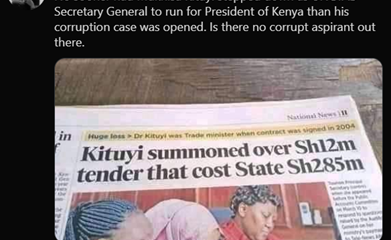

Compiled by Lucy Mwangi 1. The screenshot below showing a tweet claiming that presidential aspirant Dr Mukhisa Kituyi was summoned by a parliamentary committee on corruption...
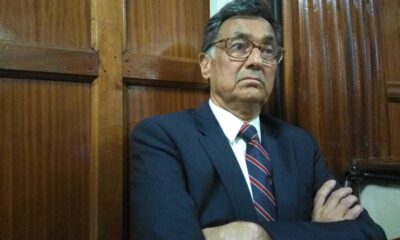

The Office of the Director of Public Prosecution has told the court that the former Chase Bank Limited bosses may face additional charges in the case...
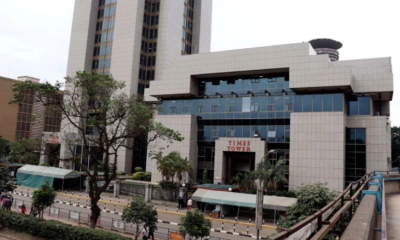

About three quarters or 77 companies that supplied Covid-19 related items to the Kenya Medical Supplies Authority (Kemsa) are under the radar of the taxman after...
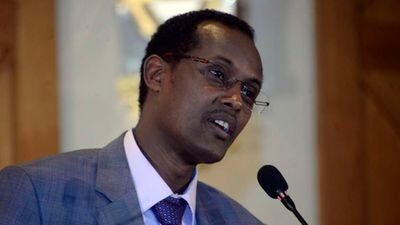

Former anti-graft agency boss Halakhe Waqo has been summoned by Parliament to explain his links with a company that was awarded a Sh347 million State contract...


President Uhuru Kenyatta President Uhuru Kenyatta has announced changes in government affecting Principal Secretaries and Chief Administrative Secretaries. In a statement signed by Head of Public...


ODM Party Leader Raila Odinga has likened the ‘hustlers versus dynasties’ narrative to Nazism saying it will have the same deadly consequences for Kenya like Nazism...


Teachers and pupils of Urim primary school in Siaya are caught between a rock and a hard place as they have to endure humiliation while answering...


The county government of Kisumu has launched a Sustainable and Resilient Mobility Plan to promote equitable and convenient transport system for the city. The ten-year plan...


The Judicial Service Commission (JSC) has shortlisted 10 candidates for the position of Chief Justice ahead of their interviews from 12th to 30th April 2021. The...


Facebook has rolled out a product that practicing journalists in Kenya can voluntarily register as the social media giant seeks to curtail misinformation on the platform....